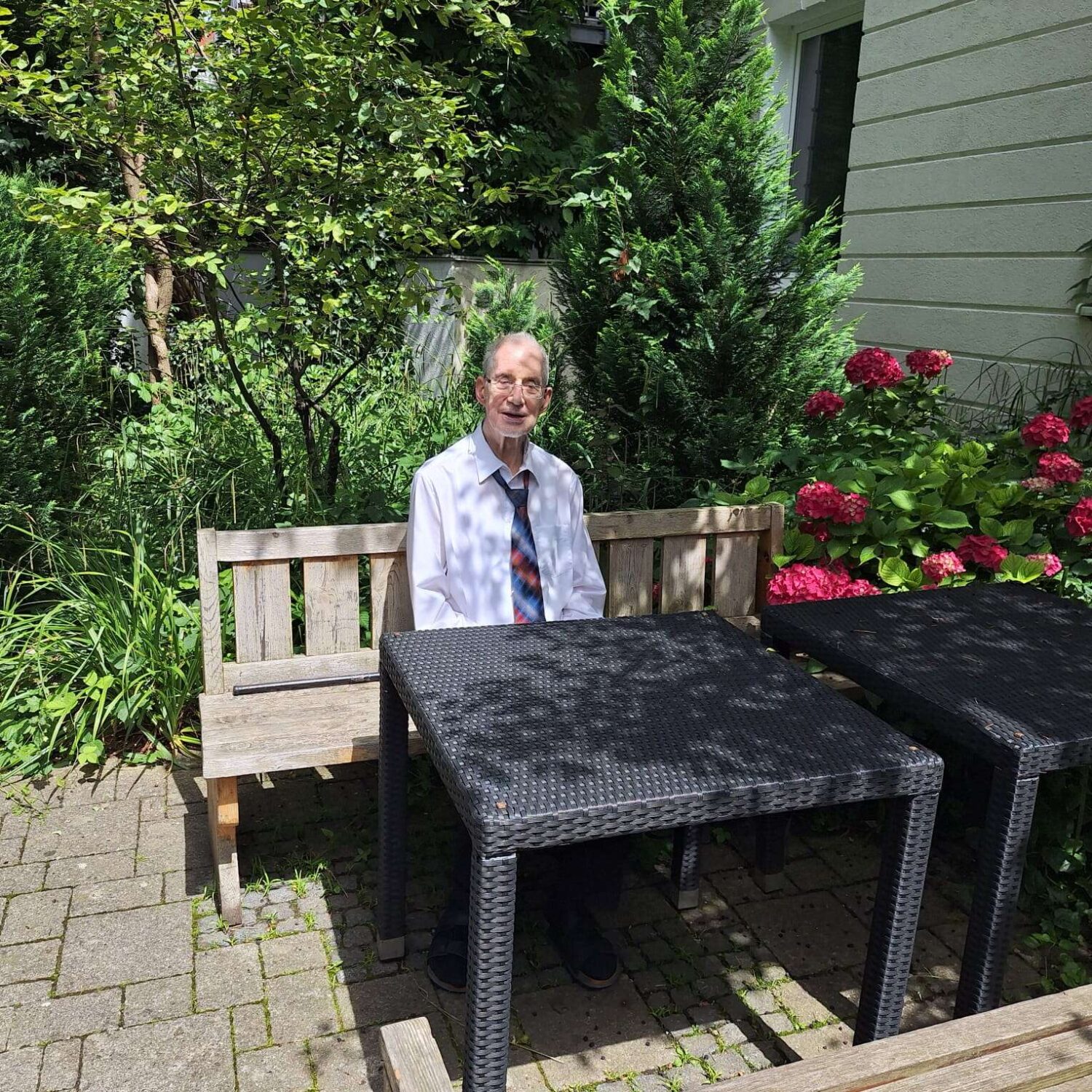When a pastor dies: The death of my father
20. Nov. 2025 / Campus Living / Science & Research
My father died in September a year ago. He was 87 and in the final stages of cancer, which we had only learned about two months earlier. I started writing this text two days before his death—it was clear that it wouldn't be long. We couldn't have guessed that it would happen so quickly.
The fact is, yes, we all have to die. Most animals and plants are no exception – we are not exempt from the fate of all creation. And we know that this is so. My father knew it too, but he hardly ever talked about it. Even pastors encounter topics that make them uncomfortable. He had already divided up the furniture in his mind, but he still hoped that God would give him a few more years. Or at least one. There was still so much to do; the to-do list remained until the end: call old acquaintances; invite neighbors; visit former parishioners. All with the goal of spreading the gospel. Exemplary: a pastor to the end.
Emotions. Suppressing them may help the dying person, but for my sister Suzanne and me, that was not an option. Sobriety prevailed; grief and tears came sporadically and spontaneously: in conversation with an elderly neighbor; when the palliative care nurse came two days before his death; suddenly when listening to beautiful music. Despair: in my father in the last few weeks, when he could only walk with a walker and often barely even that; at night I heard him calling out to God from time to time. Fear, on the other hand: none. He confidently answered the palliative care doctor's question in the negative. Some people get angry; that's understandable too. In the end, it's often a relief for everyone, as exhausting as everything was. For me too – with self-doubt as to whether I am allowed to feel this way. And gratitude that his life was filled with so much good, despite some unfavorable starting conditions as a war child born in 1937.
Speed. Dying means letting go. And that includes the idea that you can somehow control it. Some people agonize; others pass away faster than their families can prepare themselves. There is no ideal scenario: a long illness or creeping dementia can be just as nerve-wracking for everyone as when a loved one is suddenly torn from life. Albrecht was a master of hope; that helped him. Until three days before his death, he maintained his outward cheerfulness and confidence. Only when his appetite for food and drink completely disappeared did he lose his inner strength.
Insight. As believers, we are safe in God at every stage of life, even at the very end. Yes, death is the last enemy, but it has been overcome, and so we can go on our final journey protected. Like life, dying is not something we achieve on our own: we are completely dependent on others and on our Creator; we can let ourselves go. “Old and full of life” is the ideal; where we do not achieve it, we still live by grace. My father has often and gladly conducted funerals in recent decades to give people a final comfort. Now let us be comforted by the promise that we will see each other again in eternal life.
Stefan Höschele, Professor of Systematic Theology at Friedensau Adventist University
